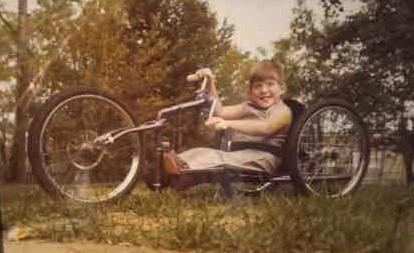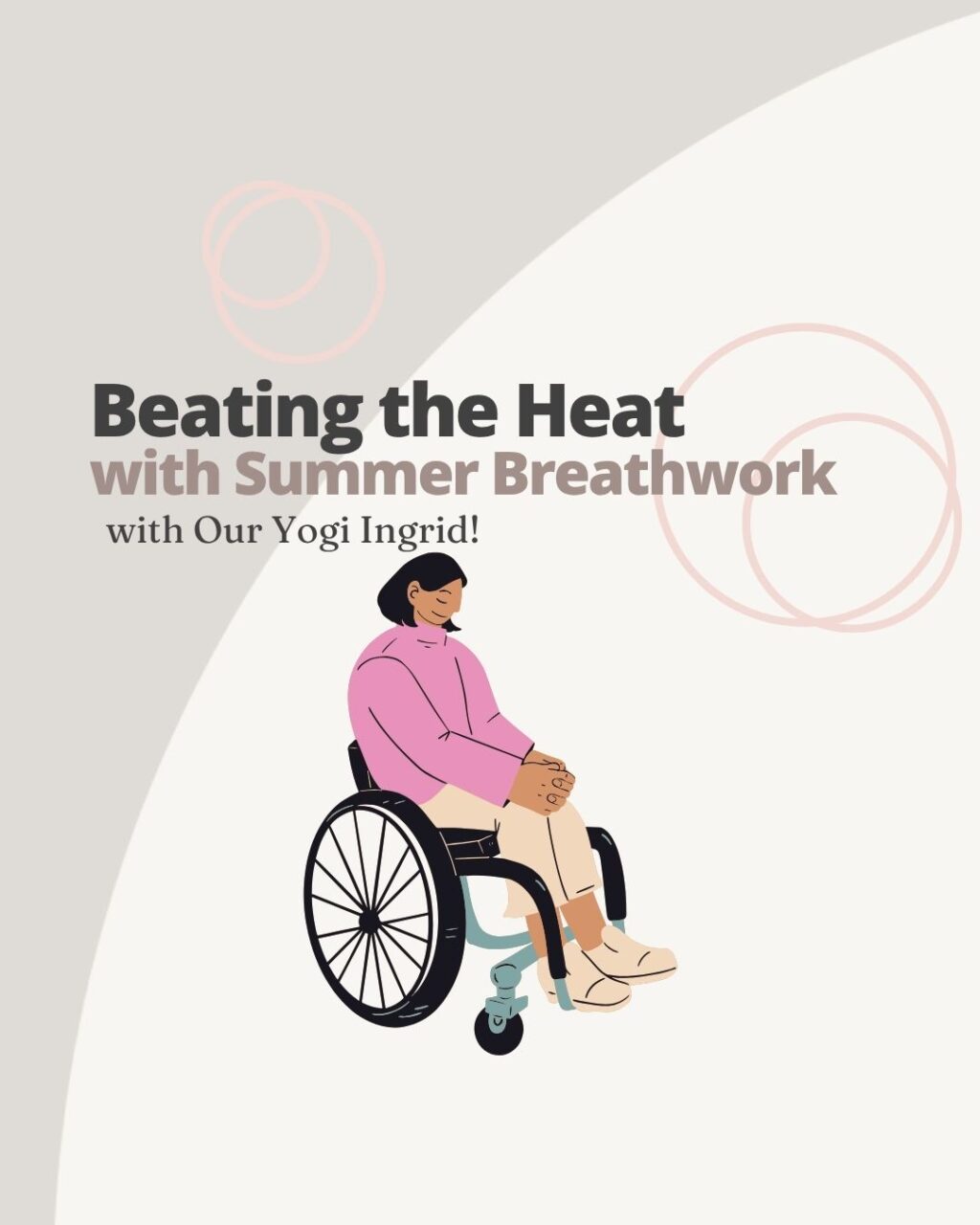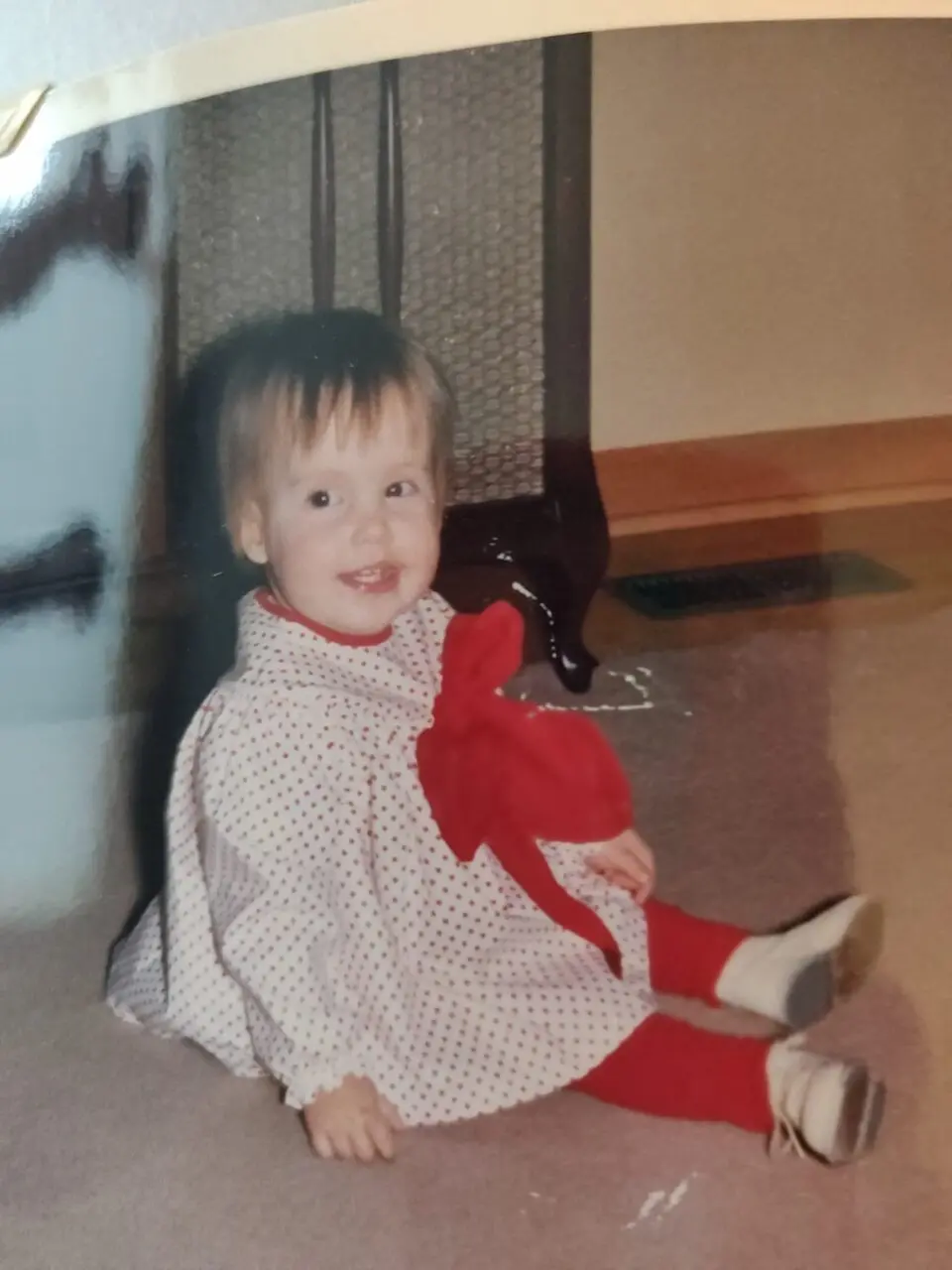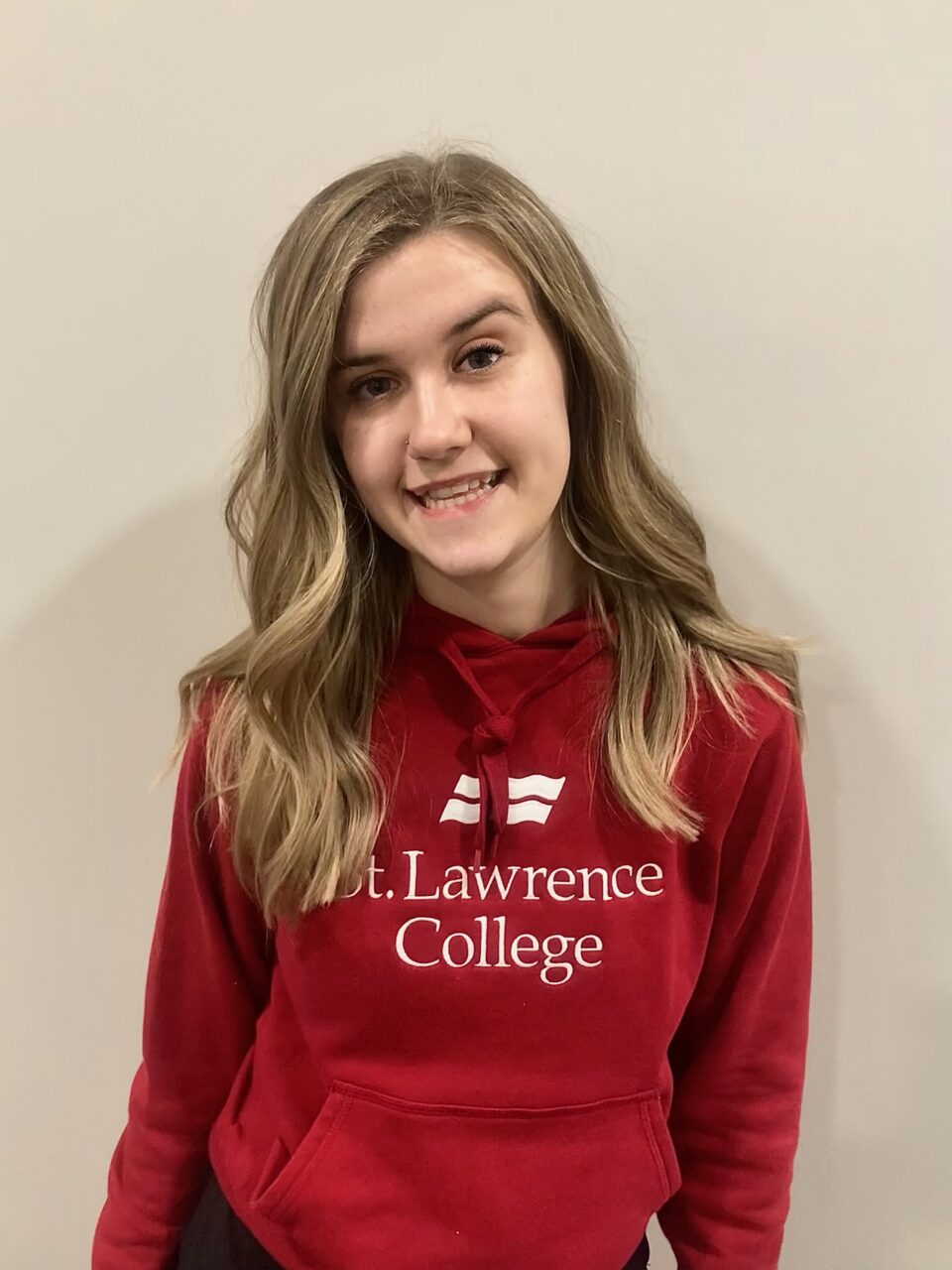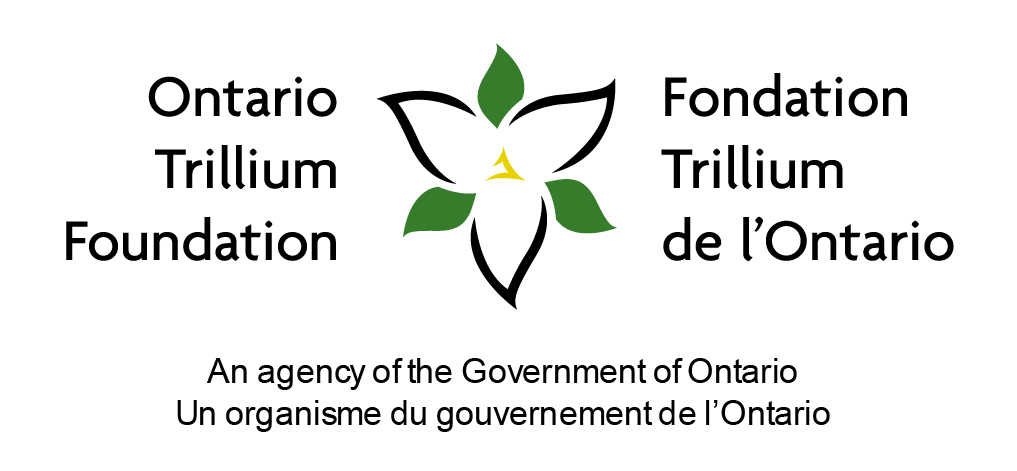By: Mary Dufton
Bonnie Charbonneau has been involved with Hydrocephalus Canada for 50 years. She looks back over her involvement, her long-standing role as executive director and her many great memories.
Bonnie’s son Dennis was born 52 years ago with both spina bifida and Hydrocephalus. “Dennis was an inspiration to all who knew him. He loved life and seldom complained. He was an avid listener of rock music, an active participant in sports for persons with disabilities (weightlifting, sledge hockey to name a few), a keen fan of professional sports, loved his hand-driven three-wheeled bike (made for him by his uncle Richard and his cousin Gerry). The bike became known as the Sloat Cycle and was purchased by many members with spina bifida. Dennis loved trivia and fishing at the family camp on the French River. He regularly volunteered at the organization’s charity bingos in Oakville.
Dennis valued his independence and moved into his own apartment at the Ontario March of Dimes facility in Oakville. Dennis died from health complications on October 26, 2001.”
Bonnie’s initiation to spina bifida and hydrocephalus began on that day March 3, 1971, with the birth of her second son, Dennis. Like many of us with spina bifida and hydrocephalus, Dennis was sent from Mississauga Hospital to the Hospital for Sick Children in Toronto (SickKids) for surgery soon after his birth.
While there, Bonnie heard about a new organization, the Spina Bifida and Hydrocephalus Association of Ontario (SBHAO), now Hydrocephalus Canada that was just forming to provide support and information to those affected by these conditions.
“I joined shortly before the 1973 official founding banquet, which was my first official event as a new member of the organization.
“Just prior to joining SBHAO, Dennis and I attended a program for mothers of children with spina bifida and/or hydrocephalus at the Holland Bloorview Kids Rehabilitation Centre (formerly the Hugh MacMillan Rehab Centre and the Ontario Centre for Crippled Children) in Toronto. Moms were given tips on how to help our children with areas in their development. The children received therapy and exercises to help improve their function and stability.
The combined spina bifida and hydrocephalus clinic held at the Hugh McMillan Rehab centre was a ‘godsend’ for parents as it provided the opportunity to see all the specialists involved with our children in one day (orthopedics, neurology, urology, seating, bracing, physiotherapy, etc.). Families came from all over the province, and it was an excellent opportunity for SBHAO to promote its support, programs, and services”.
Bonnie is proud of the achievements of Hydrocephalus Canada in its 50-year history and points too many. “When SBHAO joined Health Canada to promote the benefits of folic acid, it was indeed proven under the right circumstances to prevent neural tube defects, one of which was spina bifida. SBHAO developed a Folic Acid Information Kit that was provided free of charge. SBHAO was part of a Folic Acid Alliance, which included Easter Seals, the Hugh MacMillan Rehabilitation Centre, and Health Canada to promote the use and benefits of folic acid.
“Over the years, due to folic acid, the incidence of neural tube defects has been significantly reduced. But on the other hand, the incidence of hydrocephalus has increased in both youth and older adults. So, the focus of the Association has turned to hydrocephalus and hence the name change of the organization to Hydrocephalus Canada. The incidence of ‘adult-onset-hydrocephalus’ has increased as the number of older adults/seniors increases. The spina bifida community continues to be served by the organization.
For example, the Dr. E Bruce Hendricks Scholarship Award and the Luciana Spring Mascarin Bursary provide opportunities for individuals with spina bifida and hydrocephalus to further their education. Additionally, individuals with these conditions have had long-term employment positions or summer jobs with Hydrocephalus Canada. There are also many dedicated volunteers with spina bifida and or hydrocephalus themselves or who have a family member with one or both conditions.
Bonnie has seen the organization work tirelessly to educate individuals about their conditions through online workshops, support groups, and publications. As a national organization, it can offer its programs and services Canada-wide. It has partnered with companies to promote shunts and urinary supplies and has expanded their Board of Directors to include membership from across Canada.
Fifty years later, Bonnie is still involved with Hydrocephalus Canada as a member and a monthly donor. She provides historical information and resources upon request and personal support.
Bonnie offers the following advice to families and individuals: “Partake of all the supports and resources available to you and your family. ie. Friends and local community, hospitals/treatment centres such as Children’s Treatment Centres (there are several throughout Canada), Easter Seals/March of Dimes, Hydrocephalus Canada and its regional contacts and programs, government programs/employment/subsidies.
“Try to stay positive! I gained a lot of confidence and how to “not focus/sweat the small stuff”. Save your energy for the more important issues. You can learn a lot from your child. Include them in your discussions. Don’t over-protect them. They will learn from their experiences and small failures. You want them to be as independent as possible.
“Make friends with those experiencing similar issues – being support for one another. Find out how you can get involved with making your local community more inclusive of individuals with disabilities and more accessible.
My son Dennis’s “motto” was: Try anything once and if you survive you can try it again and move forward!
Don’t be afraid to challenge your child. Early on, one of Dennis’s specialists told me “Don’t be a ‘go and fetch them’ mother – let your child do the fetching.”
Enjoy your child and your family. Celebrate the successes.
